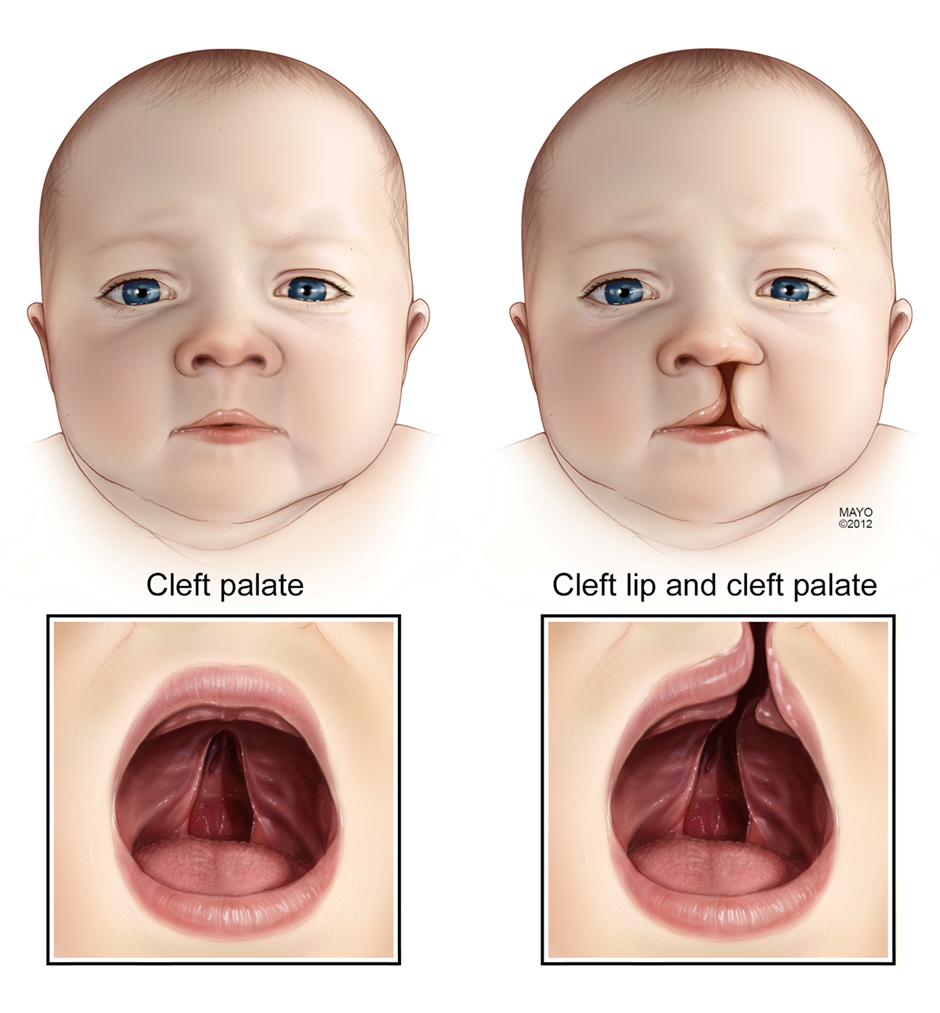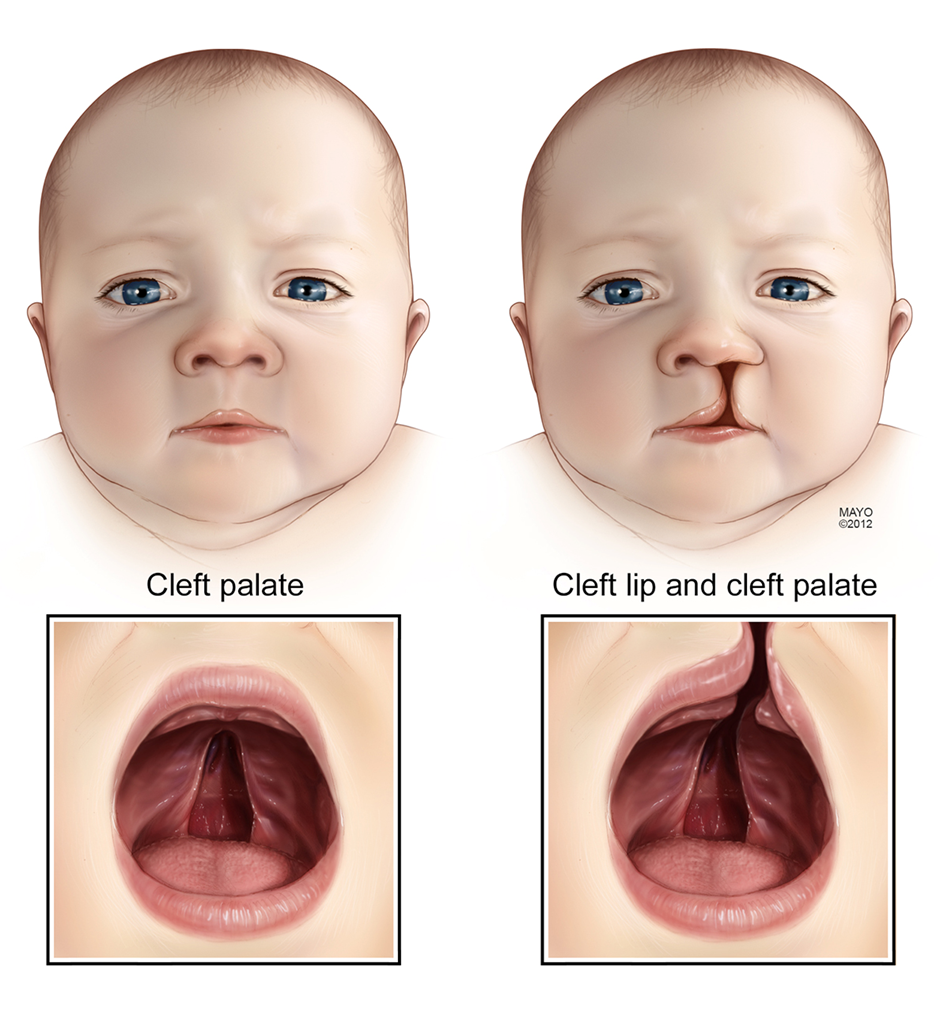ATI LPN EXAM
ATI LPN EXAM ( 47 Questions)
During the first few days after surgery for cleft lip, which intervention should the nurse implement?
Apply Neosporin to avoid infection:This choice suggests applying Neosporin to the surgical site. However, the immediate postoperative care for cleft lip surgery often involves keeping the incision site covered with sterile dressings. Topical antibiotics may be prescribed by the healthcare provider if deemed necessary, but it's not a routine application without specific instructions.
Apply elbow immobilizers when not being held:This choice implies using elbow immobilizers for the child. However, elbow immobilizers are not a standard intervention for cleft lip surgery. The focus is usually on keeping the surgical site clean and preventing complications like infection.
Suction secretions away from the suture line:
This is the recommended choice. Suctioning helps maintain a clear airway and prevents secretions from affecting the surgical site. It's a crucial step in the immediate postoperative period.

Feed increased amounts of formula to prevent weight loss:While feeding is an essential aspect of care, especially for nutritional support, the immediate concern in the first few days after cleft lip surgery is often related to maintaining a patent airway and preventing infection. Feeding interventions might be guided by the healthcare provider's recommendations, but it's not the primary focus in the initial postoperative period.
A. Apply Neosporin to avoid infection:
This choice suggests applying Neosporin to the surgical site. However, the immediate postoperative care for cleft lip surgery often involves keeping the incision site covered with sterile dressings. Topical antibiotics may be prescribed by the healthcare provider if deemed necessary, but it's not a routine application without specific instructions.
B. Apply elbow immobilizers when not being held:
This choice implies using elbow immobilizers for the child. However, elbow immobilizers are not a standard intervention for cleft lip surgery. The focus is usually on keeping the surgical site clean and preventing complications like infection.
C. Suction secretions away from the suture line:
This is the recommended choice. Suctioning helps maintain a clear airway and prevents secretions from affecting the surgical site. It's a crucial step in the immediate postoperative period.
D. Feed increased amounts of formula to prevent weight loss:
While feeding is an essential aspect of care, especially for nutritional support, the immediate concern in the first few days after cleft lip surgery is often related to maintaining a patent airway and preventing infection. Feeding interventions might be guided by the healthcare provider's recommendations, but it's not the primary focus in the initial postoperative period.

